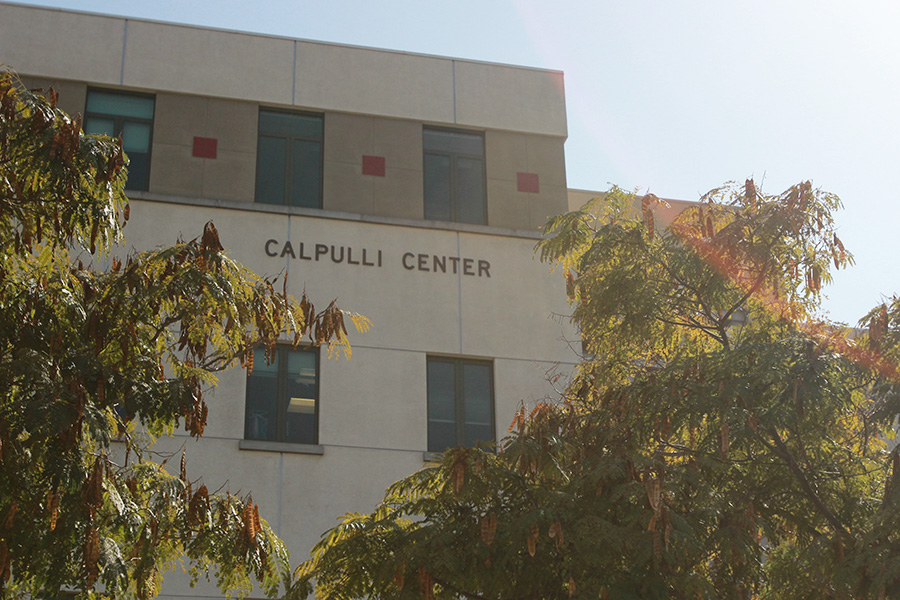Cases of sexually transmitted diseases have increased among young adults for the third year in a row according to the annual Centers for Disease Control STD surveillance report, released Sept. 26.
Nationally, statistics indicate that in 2015-16, cases of Chlamydia increased 4 percent, cases of Gonorrhea increased 11.3 percent and cases of Primary and Secondary Syphilis increased 13 percent among the 15- to 19-year-old population. For 20- to 24-year-olds, Chlamydia increased 1.9 percent, Gonorrhea increased 10.9 percent and Primary and Secondary Syphilis increased 8.1 percent.
Eric Walsh-Buhi, co-director of the San Diego State Center for Research on Sexuality and Sexual Health and an associate professor in the SDSU Graduate School of Public Health, said the increases may be attributed to low levels of condom usage.
“Consistent condom use is weak,” Walsh-Buhi said. “Condom use at first sex with new sexual partners is common. However, subsequent sex with that partner is often condomless.”
Walsh-Buhi said, according to the American College Health Association’s National College Health Assessment, only 16 percent of students who reported having vaginal sex within the past 30 days were “always using a condom.”
According to SDSU Student Health Services, 1,900 Gonorrhea tests were performed at SDSU in 2015, yet only 815 tests were performed for HIV.
“Only 25.8 percent of students nationwide have reported ever being tested for HIV,” Walsh-Buhi said.
Interim Director of the SDSU Health Promotion Department Stephanie Waits Galia said SDSU Student Health Services does offer low-cost sexually transmitted disease testing on campus, and will refer students to off-campus locations for similar resources when needed.
According to the Centers for Disease Control’s report, cases of STDs were also generally higher than the standard for members of both ethnic and sexual orientation minorities.
Speaking from a cultural level, Walsh-Buhi, Galia and Women’s Resource Center Coordinator Jessica Nare all identified a stigma surrounding the issue of sexual health.
“A lot of people just haven’t had conversations about sex, so then I think when students need to reach out to resources, it’s really scary and intimidating to do that,” Nare said.
There was also a consensus that a student’s identity, either as a member of a racial or sexual minority, may affect their willingness to access sexual health resources.
However, Walsh-Buhi, Galia and Nare also said SDSU is progressive in their approach to sexual health when compared to other universities.
“We bring a lot of speakers and invest in programs and departments like the WRC and the Health Promotion department who are having really open, supportive and positive conversations about sex and not every campus does that,” Nare said.
Galia and Nare said they focus on providing a “sex-positive” approach to sexual health education.
“Health Promotion serves to help improve the health and wellness of students here on campus in order to ultimately contribute to their student success,” Galia said.
Health Promotion also provides a variety of workshops and presentations focused on topics such as contraception, STDs, gynecological exams and consent at least seven times a week, Galia said.
The WRC hosts many similar programs, including collaborative efforts with the Health Promotion department such as gynecological orientations as part of the WRC “Adulting Series,” hosted by Health Promotion peer educators.
“The WRC is really a community space,” Nare said. “We want to connect folks on campus who are interested in women’s issues and social justice issues and hold events that center the experience of women on campus.”












